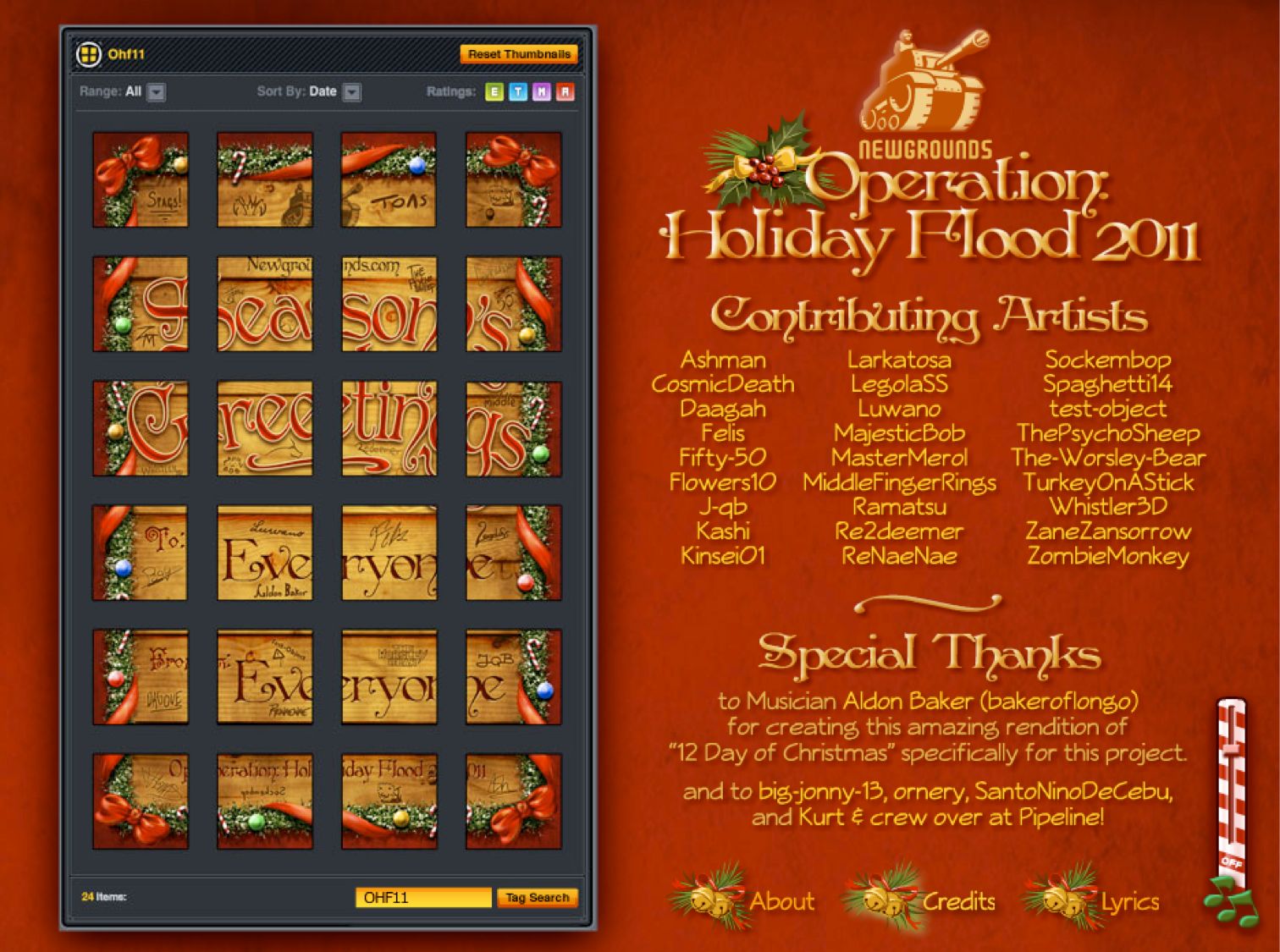Tool Boosts Success of Online CollaborationsBy Redistributing the Burdens of Leadership
Byron SpiceWednesday, February 20, 2013Print this page.

Carnegie Mellon Researcher's Open-Source Pipeline Can Be Downloaded
PITTSBURGH—The Web makes it possible for lots of people to collaborate on projects, but it doesn't make it easy to lead them. A Carnegie Mellon University researcher has developed a new tool that helps leaders see complex, collaborative projects through to completion by redistributing leadership responsibilities.
The tool, called Pipeline, makes it easier to assign, critique and track the progress of individual tasks within a project and makes it easy for leaders to delegate responsibility to others. As evidenced by a case study in which Pipeline was used to manage the production of a digital Advent calendar by 28 artists in 12 countries, the tool also makes it possible for many people to work collaboratively on a public, online project while preserving the surprise of the finished product. Others have used Pipeline to organize game design competitions, film and video projects and an international scavenger hunt.
A fundamental concept behind Pipeline relates to the notion of trust, said Kurt Luther, a post-doctoral fellow in CMU's Human-Computer Interaction Institute. Pipeline enables leaders to meter out different levels of trust to different individuals, giving up a degree of authority in return for greater accountability. Some individuals are trusted to create and lead tasks, while other members are limited to working on existing tasks.
"It's sort of like asking for forgiveness rather than asking for permission," Luther said. "As a leader, I can trust someone to make decisions on my behalf on some portion of the project, but if that person makes a mistake, I can see it."
Luther developed Pipeline as a Ph.D. student at Georgia Institute of Technology and has made it available for use as free, open-source software. It can be downloaded at http://pipeline.cc.gatech.edu. He will discuss its inner workings and its implementation on Feb. 26 at the Association for Computing Machinery's Conference on Computer Supported Cooperative Work and Social Computing, CSCW 2013, in San Antonio, Texas. His report, co-authored with Casey Fiesler and Amy Bruckman of Georgia Tech, has earned a Best Paper designation.
Pipeline steers a middle ground between a traditional hierarchical organization, which vests trust in a leader, and a wiki website, where trust is shared equally. Neither quite fits the needs of online creative collaborations, such as those enabled by popular websites such as Newgrounds and Scratch. In these "collabs," the number of participants can be large and the participants themselves change from project to project.
"A lot of these projects fail because the leaders become overwhelmed and drop out," Luther said, noting less than 20 percent of the projects in the Newgrounds community are completed. "If it's not fun, why do it?"
In addition to redistributing leadership responsibilities, Pipeline includes systems to streamline management. Online forums, for instance, can quickly become confusing when used to manage the work of many collaborators. So Pipeline provides an activity feed that compartmentalizes each task, enabling collaborators on each task to easily share comments and works in progress with each other instead of funneling them all through a single leader.
Luther said he intends Pipeline to help create a "marketplace" of projects and hopes collaborative communities will consider incorporating it into their websites. The tool makes it easy for people to see all of the projects in the community and to identify which ones need help at any given time, he explained.
This work was supported by the National Science Foundation.
The Human-Computer Interaction Institute is part of Carnegie Mellon's School of Computer Science.

Byron Spice | 412-268-9068 | bspice@cs.cmu.edu
